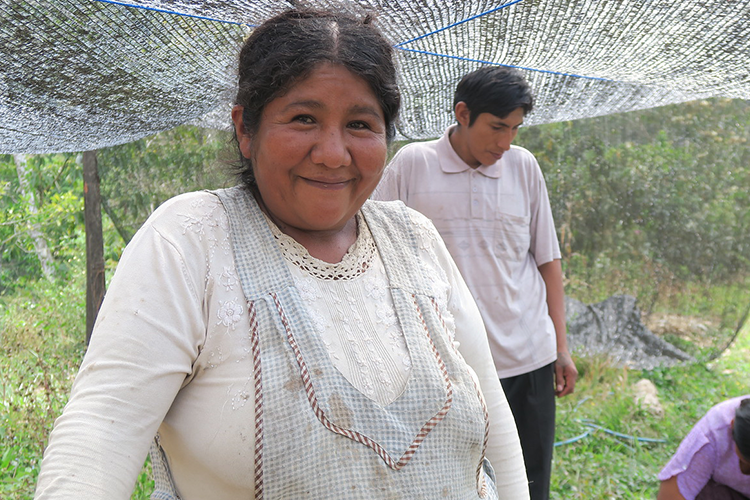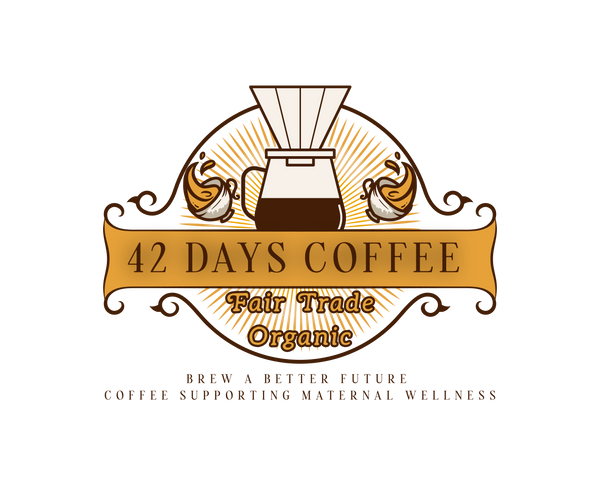
Exploring FairTrade Coffee Farming: Ethical Sourcing and Sustainability
Share
In today's interconnected world, where the choices we make as consumers can have far-reaching impacts, the concept of fairtrade has gained significant traction. Fairtrade coffee farming, in particular, embodies principles of ethical sourcing, sustainability, and social responsibility that resonate with conscientious consumers worldwide. Let's delve into what fairtrade coffee farming entails and why it matters.
Understanding Fairtrade
At its core, fairtrade is a trading partnership designed to promote sustainable development and ensure fairer treatment for producers in developing countries. When we talk about fairtrade coffee farming, we are referring to a system that guarantees fair prices to farmers, enables sustainable practices, and fosters community development in coffee-growing regions.
Fair Prices and Economic Stability
One of the key aspects of fairtrade coffee farming is the assurance of fair prices for coffee farmers. Traditionally, small-scale coffee farmers in developing countries are vulnerable to fluctuations in global coffee prices, which often do not reflect the true cost of production. Fairtrade certification ensures that farmers receive a minimum price for their coffee, which covers the cost of sustainable production and provides a living wage.
This stability empowers farmers to plan for the future, invest in their farms, and improve their livelihoods. It also reduces their dependence on middlemen who may exploit their lack of bargaining power.
Environmental Sustainability
Beyond economic benefits, fairtrade coffee farming places a strong emphasis on environmental sustainability. Many fairtrade-certified farms adhere to strict environmental standards, such as organic farming practices, soil conservation, and biodiversity preservation. By promoting sustainable agriculture, fairtrade helps mitigate the environmental impact of coffee production and ensures that coffee farming remains viable for future generations.
Social Responsibility and Community Development
Fairtrade certification also promotes social responsibility within coffee-growing communities. Fairtrade standards prohibit child labor and promote safe working conditions. Additionally, the Fairtrade Premium—a sum of money paid on top of the selling price—goes directly to farmers and their communities. This premium is often invested in community projects such as healthcare, education, infrastructure, and environmental initiatives, enhancing overall well-being and resilience.
Consumer Impact and Ethical Choices
As consumers, our purchasing decisions have the power to drive positive change. Choosing fairtrade-certified coffee supports sustainable practices and contributes to the well-being of coffee farmers and their communities. It reflects a commitment to ethical consumption and encourages businesses to adopt fairtrade practices throughout their supply chains.
Challenges and Opportunities
While fairtrade coffee farming has made significant strides, challenges remain. These include ensuring the scalability of fairtrade practices, maintaining fairtrade standards amid fluctuating market conditions, and addressing broader systemic issues within the coffee industry, such as climate change and market volatility.
However, fairtrade coffee farming also presents opportunities for innovation and collaboration. Initiatives that integrate technology, promote transparency, and empower farmers through education and training can further enhance the sustainability and resilience of coffee farming communities.
Fairtrade coffee farming represents a powerful intersection of ethics, sustainability, and community empowerment. By choosing fairtrade-certified coffee, consumers can contribute to a more equitable global economy and support the well-being of farmers and their families. As awareness grows and demand for ethical products increases, fairtrade coffee farming continues to pave the way towards a more just and sustainable future for all.
In essence, every cup of fairtrade coffee represents a commitment to fairness, sustainability, and positive change—one sip at a time.

